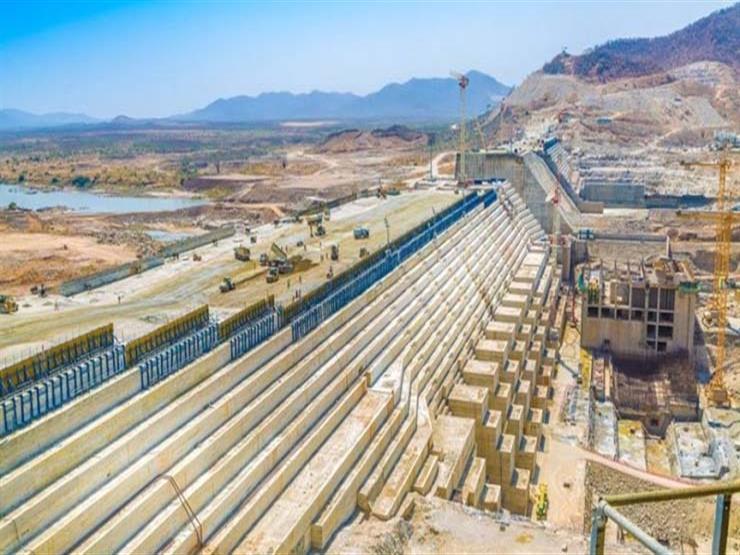The African Union (AU) led negotiation between Ethiopia, Sudan and Egypt over the Grand Ethiopian Renaissance Dam (GERD) has ended without agreement, reports said on Wednesday.
The three countries have been negotiating virtually on the first filling and annual operations of the dam for the last couple of weeks.
However, the two-week negotiation led by the Bureau of the African Union Assembly concluded without an agreement between the three countries.
According to a press release issued by the Ethiopian Ministry of Water, Irrigation and Energy, Ethiopia, Egypt and Sudan have held the trilateral negotiation in the presence of 11 observers and augmented experts.
Despite some progresses, no major breakthrough deal was made during the tripartite negotiation, the press release stated.
Accordingly, the negotiating teams have prepared reports to be reviewed by the African Union (AU) and their respective leaders.
The negotiation is expected to reconvene after the report reviewed by chairperson of AU, AU Bureau members and the leaders of the three countries in accordance with their instructions.
The three countries have been engaging on wide-range of negotiation including on the technical issues on the filling and annual operation of the GERD.
It is to be recalled that Ethiopia stressed the Agreement on the Declaration of Principles (DoP) on GERD shall be respected in its entirety and call for cooperation based on good faith, international law and mutual benefit.
Ethiopia accused of Egypt for deliberately obstructing the enduring tripartite negotiation as the talks have been continuing based on the principles of just and equitable use of Nile Waters.
The horn African nation is clearly exercising its sovereign right on the utilization of the Nile River since the country is the largest contributor of Nile Waters whose people are in still in poverty and darkness.
Both Khartoum and Cairo fear the GERD will threaten essential water supplies, however, Addis Ababa says the dam is indispensable for its development and insists it will not have significant harm on downstream countries.
The international law dictates that countries with Trans-boundary rivers have the right to utilize their rivers within their territories on the basis of equitable and fair utilization.
MG/abj/APA


